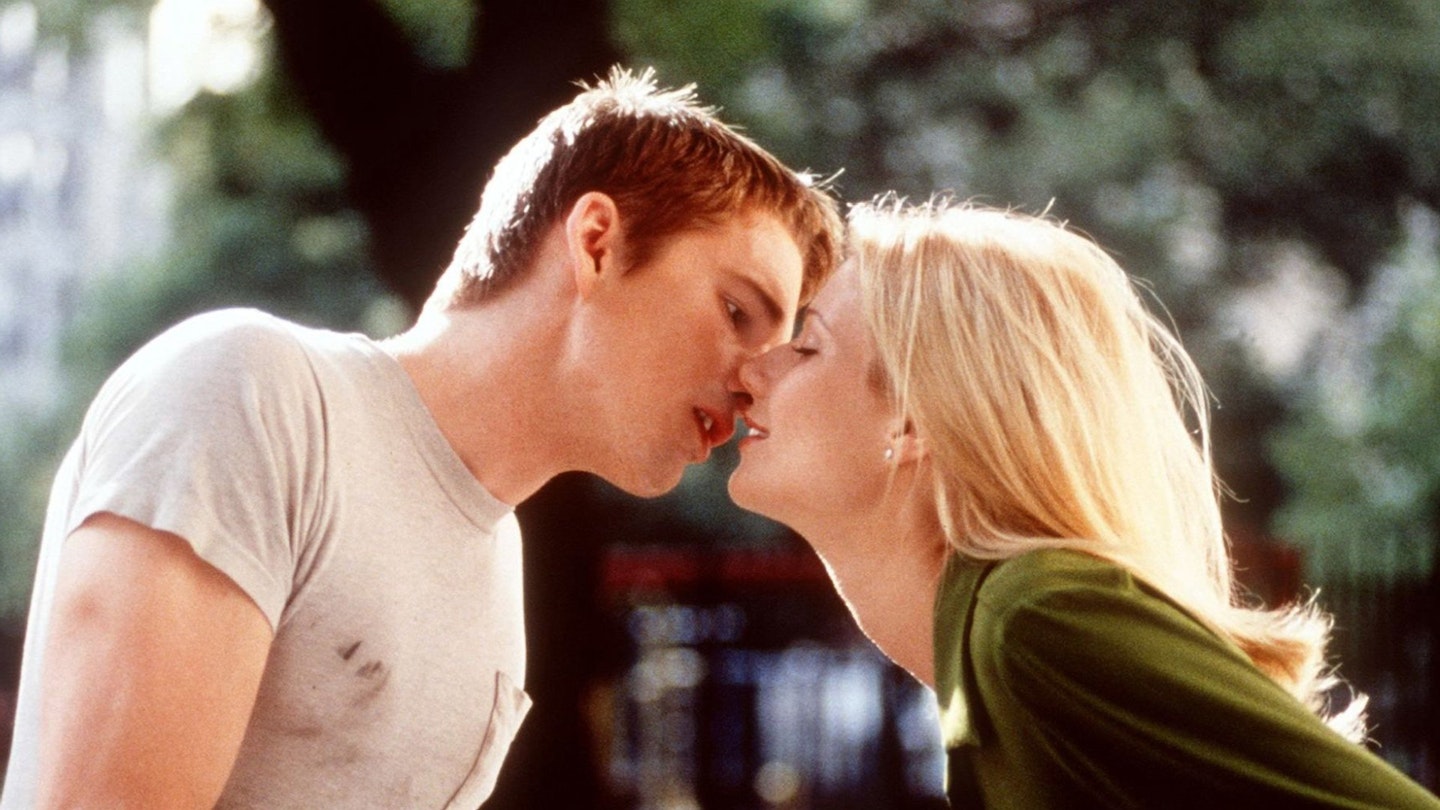This was the third screen telling of Charles Dickens's classic novel, following a 1916 version, starring Jack Pickford and Louise Huff, and a 1934 remake, with Phillips Holmes and Jane Wyatt. Written by David Lean, Ronald Neame and Anthony Havelock-Allan, the screenplay is a model of judicious pruning and compression, with characters being removed or reduced to `a sniff' to keep the action moving and the focus firmly on the principals. Yet, not only is the story's twisting intrigue retained, but the Dickens spirit pervades every scene
The plot is built around Pip's enduring obsession with Estella. But, as in all Dickensian dramas, justice had to be done to the vivid secondary characters and Martita Hunt was ethereally sour and brittle as Miss Haversham, Bernard Miles exuded geniality as Joe Gargery and Finlay Currie combined desperate menace with remorseful benevolence, as Magwitch.
His entrance, in the Kentish churchyard, remained among Lean's finest directorial moments, although it owed much to his expertise as an editor to achieve its resounding impact. Guy Green's Oscar-winning monochrome photography was also key, as it reinforced the brooding atmosphere of the art direction by John Bryan and Wilfred Singleton, who also won Academy Awards for such masterly sets as the virtual mausoleum in which Miss Haversham mourns the demise of her romantic dreams and Mr Jaggers (Francis L. Sullivan)'s legal office, whose walls are lined with the death masks of those he couldn't save from execution.
Always prone to stiffness, Valerie Hobson proved less alluring than her junior counterpart, Jean Simmons. But 38 year-old John Mills and 34 year-old Alec Guinness (who was making his full debut, after appearing as an extra in. Evensong in 1934) bely their years to capture the innocence and exuberance of a youth that is remorselessly tempered by the cruel Victorian reality that undercuts any lingering certainty in the far from sentimentalised happy ending.

